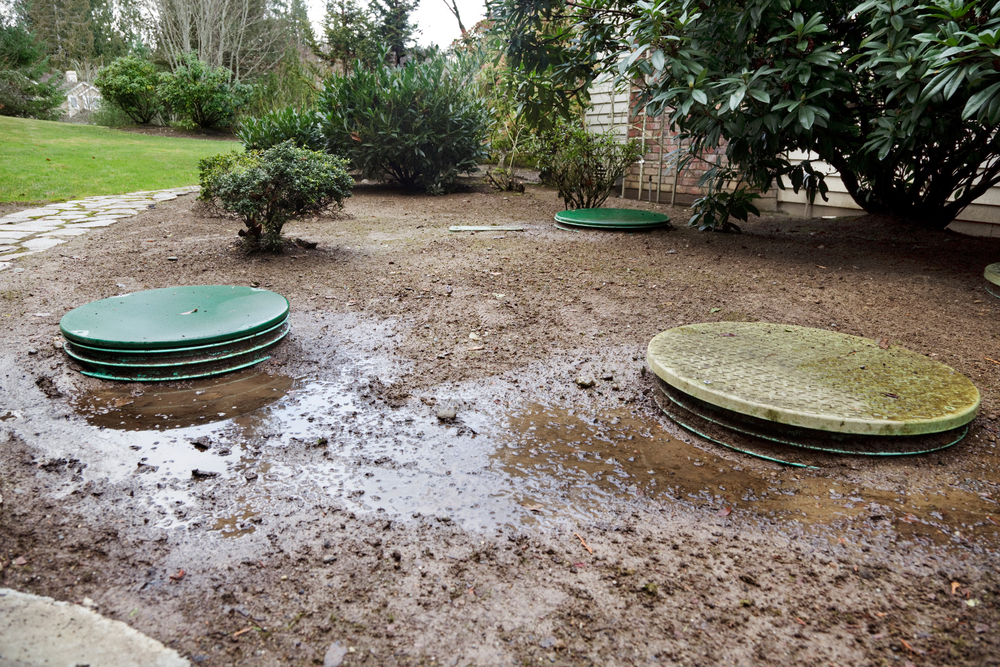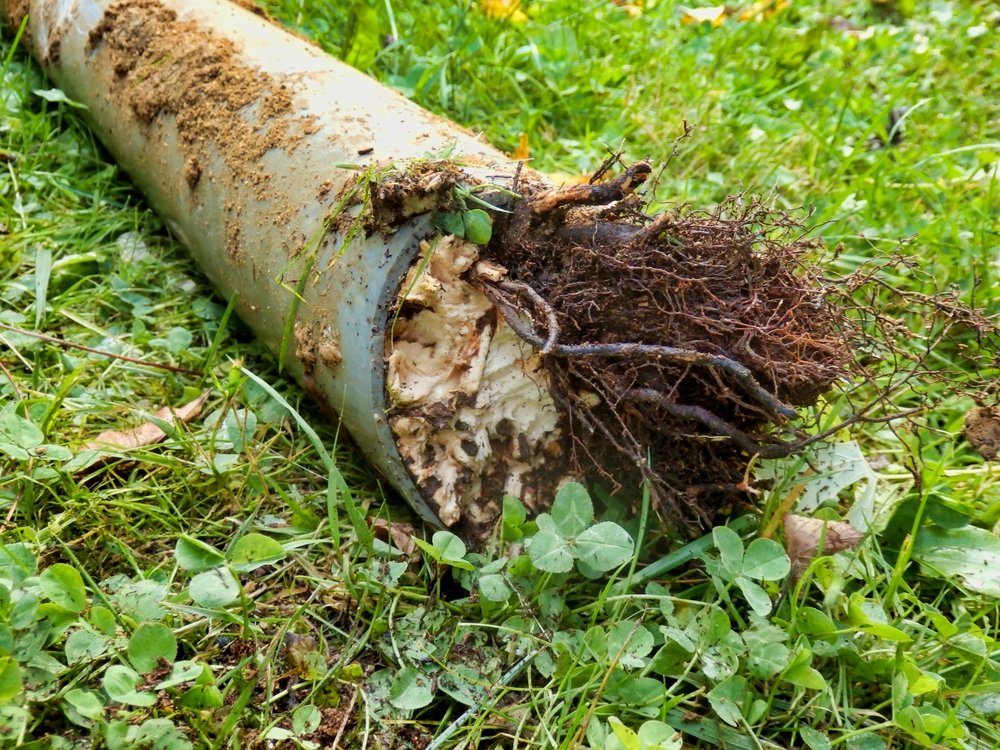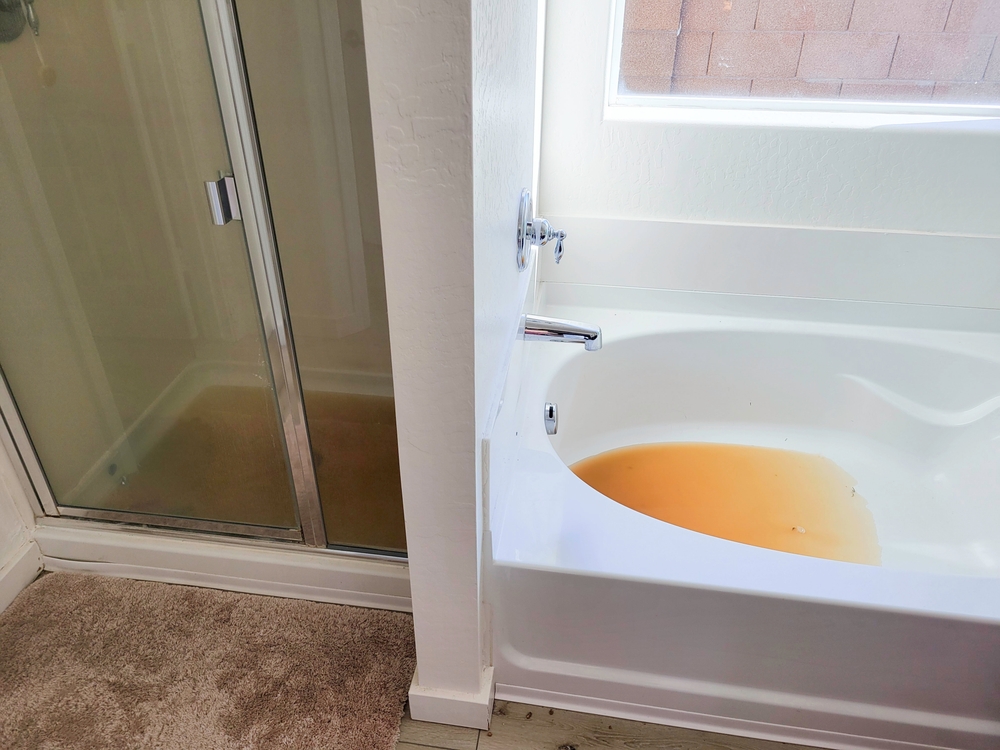Few household problems cause as much stress as slow or backed-up drains. For homeowners with septic systems, the challenge is figuring out whether the problem is a simple clog in the plumbing or a more serious septic system issue. Acting quickly and correctly can save money, prevent property damage, and protect your family’s health. This detailed guide explains how to recognize the differences between a routine drain clog and a developing septic problem, giving you the tools to make the right call before things get worse.
Why Identifying the Problem Matters
When drains slow down, it’s tempting to reach for chemical cleaners or call a plumber right away. But if the issue is rooted in the septic system, quick fixes won’t solve the underlying problem and could even make it worse. Understanding the difference helps you:
- Avoid unnecessary plumbing expenses.
- Catch septic issues early before major repairs are needed.
- Protect your home from messy sewage backups.
- Maintain compliance with South Carolina DHEC regulations regarding septic maintenance.
Signs of a Simple Clogged Drain
Clogged drains are among the most common household nuisances. Fortunately, they are usually localized and relatively easy to fix.
Typical Symptoms of Clogged Drains
- Slow drainage in a single fixture (e.g., one sink, shower, or toilet).
- Gurgling noises limited to one drain line.
- Localized odors near the sink or shower.
- A clog that responds to plunging, snaking, or enzyme-based drain cleaners.
Causes of Clogged Drains
- Build-up of hair, grease, or food waste.
- Soap scum and mineral deposits.
- Foreign objects lodged in the pipe.
If only one drain or area is affected, chances are you’re dealing with a standard plumbing clog.
Signs of Septic System Trouble
Unlike clogs, septic problems usually affect multiple drains at once and can signal an overloaded or failing system.
Key Warning Signs of Septic Trouble
- Slow drains throughout the house, not just one area.
- Sewage backups appearing in bathtubs, toilets, or floor drains.
- Foul odors both inside the home and outside near the drain field.
- Pooling water or unusually green grass above the septic system.
- Gurgling sounds in multiple fixtures rather than a single drain.
Underlying Causes
- A full septic tank that needs pumping.
- Clogged or failing drain field due to soil saturation.
- Blocked main line between the house and septic tank.
- Structural damage to the septic system or pipes.
Septic issues require immediate attention from a licensed professional. Ignoring them can lead to contamination of groundwater, costly repairs, and health hazards.
How to Troubleshoot Drain vs. Septic Issues
If you’re unsure whether the problem is plumbing-related or septic-related, use this simple process:
Step 1: Check Multiple Fixtures
- If only one drain is affected → Likely a clogged drain.
- If multiple drains are affected → Possible septic problem.
Step 2: Use Basic Tools Safely
- Try plunging or a drain snake on the affected drain.
- If the problem clears, it was likely just a clog.
Step 3: Inspect the Yard
- Look for wet patches, pooling water, or odors near the drain field.
- These are strong signs of septic system trouble.
Step 4: Monitor Frequency
- Occasional clogs are normal.
- Frequent backups or persistent slow drains suggest septic issues.
Preventing Clogged Drains and Septic Failures
Tips for Preventing Drain Clogs
- Use drain strainers to catch hair and debris.
- Never pour grease or oil down the sink.
- Flush drains periodically with hot water or enzyme cleaners.
Tips for Maintaining Septic Health
- Schedule septic pumping every 3–5 years.
- Conserve water to reduce system strain.
- Keep vehicles, structures, and trees away from the drain field.
- Maintain a log of pumping and inspections.
When to Call a Professional
If you’re unable to clear a drain clog with basic tools, or if signs point to a septic issue, call the right professional:
- Licensed plumber for stubborn clogs isolated to one fixture.
- Licensed septic contractor if multiple drains are affected, odors persist, or sewage backs up.
Attempting DIY repairs on septic systems is risky and often leads to greater damage. Professionals have the tools and expertise to diagnose and resolve issues safely.
Protect Your Home With the Right Diagnosis
Knowing the difference between a clogged drain and septic trouble is critical for homeowners in Easley, Greenville, Pickens, and the surrounding Upstate South Carolina region. By recognizing the symptoms early and acting quickly, you can avoid costly repairs and keep your home safe.
For reliable septic services, inspections, and pumping, connect with trusted local providers through Easley SC Septic. Our directory makes it easy to find licensed experts who can resolve septic issues before they become emergencies.
#cloggeddrains #septictrouble #easleysc #septicsystems #plumbingtips




